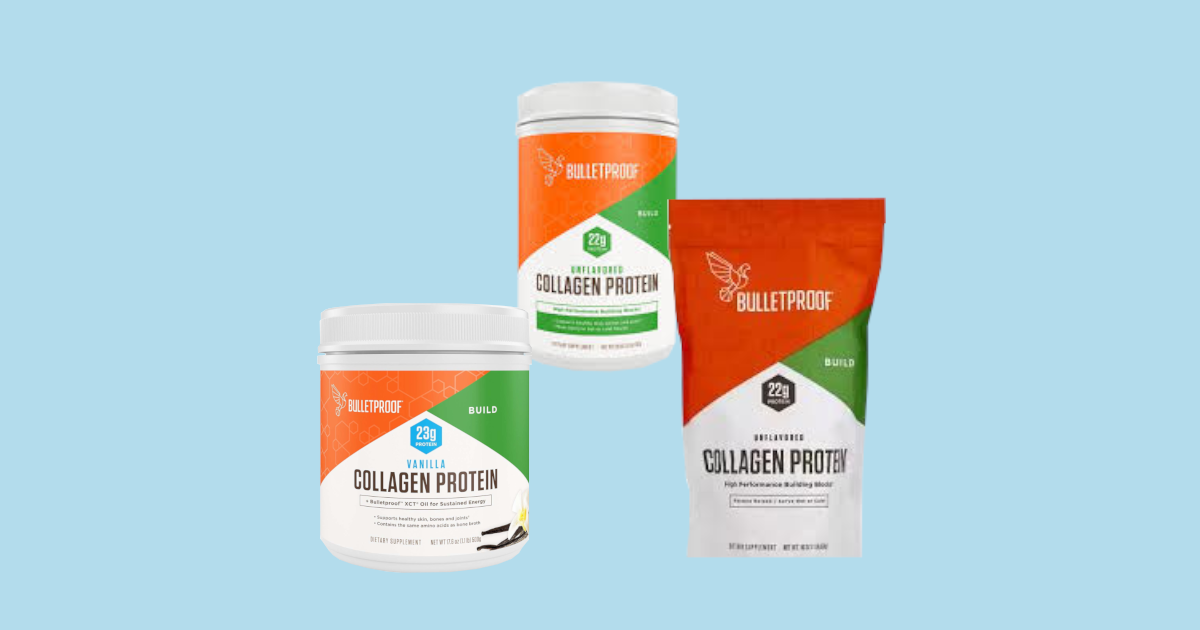
Consumer Beware: These Popular Collagen Supplements Contain Heavy Metals
May 14, 2020 | Katherine Paul
Organic Consumers Association
If your daily health regimen includes a dose of collagen supplement, beware.
Despite labeling claims such as “Pure,” “All-Natural” and “Cleanest Nutrition Possible,” and deceiving images of grazing cows, open pastures and cage-free chickens on packaging and websites, most collagen peptide supplements are derived from industrial factory farms—and many collagen products contain heavy metals.
Organic Consumers Association (OCA) and Clean Label Project (CLP) tested 28 of the top-selling brands of collagen supplements on Amazon.com. Here’s what we found:
• 64% tested positive for measurable levels of arsenic
• 37% tested positive for measurable levels of lead
• 34% tested positive for trace levels of mercury
• 17% tested positive for measurable levels of cadmium
Why should consumers be concerned about these findings?
Heavy metals, even at low levels, are known to cause organ damage, and some are classified by the U.S. Environmental Protection Agency and the International Agency for Research on Cancer as known or probable carcinogens.
What is collagen?
According to Medical News Today, collagen is the most abundant protein in the human body. It’s found in the bones, muscles, skin and tendons. It’s the substance that holds the body together and forms a scaffold to provide strength and structure.
As humans age, our collagen levels tend to drop, resulting in wrinkles, stiffening joints and tendons, weakening muscles and joint pain. Many people turn to collagen supplements as a solution—so many, in fact, that in In 2020, in the U.S. alone, consumers are expected to spend $293 million on collagen supplements, up from just $50 million in 2014.
Collagen protein isn’t just found in humans—it’s also found in animals. To make collagen supplements, manufacturers use animal byproducts, including the skin or hide, tendons, scales, bones, cartilage and connective tissues left over after cows, chickens, pigs and fish have been processed for their meat. These animal byproducts are boiled down until they turn into a gelatin. The gelatin then undergoes hydrolyzation to break down the proteins into smaller units, called peptides, so the human body can better absorb and use them.
Where do the heavy metals come from?
On the surface, collagen supplements sound like a good idea. But unfortunately, most collagen supplements come from animals raised on industrial factory farms—or what the industry calls Concentrated Animal Feeding Operations (CAFOs)—where among other things, the animals are exposed to heavy metals.
When the American Public Health Association (APHA) called for a moratorium on CAFOs, the organization cited this: CAFOs annually generate an estimated 575 billion pounds of animal manure containing antibiotics, pathogen bacteria, nitrogen and phosphorus, as well as dust, mold, bacterial endotoxins and volatile gases—and heavy metals.
For CAFO animals, heavy metals exposure is a vicious circle. The animals are fed GMO grains contaminated with heavy metals, plus pesticides28 (which also can contain heavy metals), hormones, antibiotics and other drugs.
When the animals excrete this toxic soup, their manure contaminates surrounding soil and waterways—resulting in the animals’ drinking water contaminated with heavy metals, and being exposed to heavy metals through contact with the contaminated soil.
If that weren’t enough, the GMO corn and soy used in animal feed are treated with synthetic fertilizer, also known to contain heavy metals. The plants take up the bioavailable heavy metals from the contaminated soil and store it in their tissues.
Animals and humans both have trouble metabolizing heavy metals, so the toxins can accumulate in soft tissue and bones—the very parts of the animal used to make collagen.
Where are the certified organic collagen products?
Why hasn’t the collagen supplement industry, which touts its products as health food and caters to athletes and non-athletes alike who seek tendon, bone and joint support, not embraced core consumer values like certified organic within the food and consumer packaged goods category?
It’s complicated. The unfortunate reality is that the certified organic collagen supply is limited in large part because 99 percent of U.S. farm animals still live on factory farms.
But there’s also another limitation. While procedures are in place to segregate certified organic animals prior to slaughter, after the meat is rendered, the remaining carcasses may not be segregated. So unless there is downstream market demand for certified organic rendered carcasses (which yield collagen), slaughterhouses won’t implement procedures to protect organic integrity after meat is rendered.
Can consumers help create that demand? Perhaps, especially once they realize that while in theory, collagen supplements may be a good idea, in reality, regular consumption of a product contaminated with heavy metals may not be a healthy choice.
For a list of products tested by OCA and CLP, please scroll to the end of this white paper.
The collagen samples chosen by OCA and CLF were sent to accredited laboratories to test for total arsenic, cadmium, lead, and mercury. Testing was performed by ISO accredited analytical chemistry laboratories using Inductively Coupled Plasma Mass Spectrometry (ICP-MS). HRI Labs and Ellipse Analytics performed the testing. The method used for testing was the Environmental Protection Agency Inductively Coupled Plasma- Mass Spectrometry (EPA 6020A, 3015). The Level of Quantification for the testing was 8 parts per billion.
Katherine Paul is associate director of the Organic Consumers Association (OCA). To keep up with OCA news and alerts, sign up for our newsletter.
